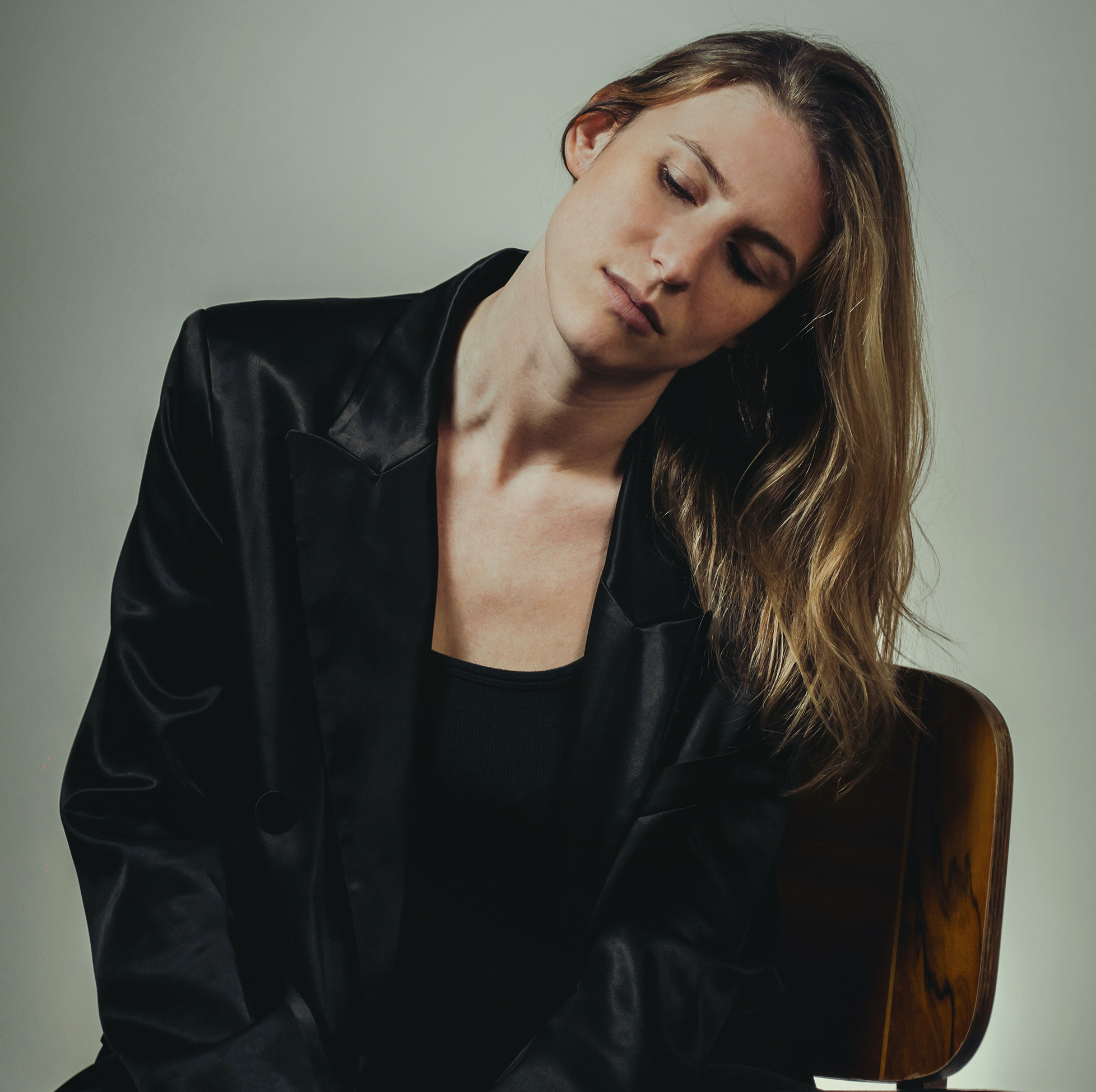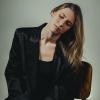Meet Teaching artist Shayna Goodman


Shayna Goodman's essays have appeared or are forthcoming in the Cut, Salon, Jewish Currents, the Takeout, and Grub Street Literary Magazine, among other places. Her work was nominated for a 2020 Pushcart Prize. She received her MFA in memoir from Hunter College, an MA in Judaic studies and MSW from the University of Michigan, and a BFA from Sarah Lawrence College. She teaches first-year writing at Hunter College.
To find Shayna's current list of classes, visit her artist bio page.
***
When did you start teaching? What path—career or otherwise—brought you here?
I first came to teaching as a workshop facilitator in the social justice nonprofit world. I have a master's degree in social work from the University of Michigan. My first full-time job was the communications lead at a small intersectional feminist nonprofit called Ma'yan. I got to help develop the curriculum for workshop about white femininity and class consciousness.
While working at Ma'yan, I wanted to focus more on my creative writing, so I went back to school and got my MFA in creative writing at Hunter College in New York. I specialized in memoir/creative nonfiction and found some fascinating overlaps between what I had learned as a social worker and as a writer of autobiographical material. I'm interested in the way we create a narrative out of the chaos of memory and how the the process developing personal narratives can be both triggering and healing, whether in a therapy setting or as part of a professional and artistic craft.
I began teaching freshman writing while still a student at Hunter College. Since then, I've taught experienced writers as well as children and teens. My teaching experiences include working for literary organizations and universities. The subjects I have taught include structuring creative and academic essays, grammar fundamentals, and critical reading.
How would you describe your teaching style?
My teaching style is informed by my experience as a social worker. I like my classes to feel non-hierarchal and collaborative. This means being appropriately vulnerable with students, sharing *processed* feelings and struggles I've had with my own writing. I come with a strength-based, coach-like approach. I'm here to cheer students on and encourage them to keep writing and learning new skills.
When it comes to imagining and creating classes, where do your ideas come from? What in particular inspires you?
Usually it's a topic I've been writing about, thinking about, and hoping to learn more about. During the first COVID-19 lockdown, I noticed people were thinking and talking more about grief. I saw it come up more in my own writing. So I built a syllabus based on my personal reading lists.
What's the ideal environment for your classroom? What atmosphere are you hoping to establish?
As in a college seminar, I prefer group discussions to lectures. I hope to foster an environment where people make genuine personal connections and feel open to sharing about their lives. My reading lists are generally flexible, and I welcome student feedback.
Regardless of what your class is specifically focusing on, what's the main goal you have for your students?
I can't promise to answer all your questions or solve your writing problems, but I can make you feel less alone in the solitary act of drafting, and I can encourage you to keep grappling with the hard stuff. While I love to offer models for structuring essays and many craft tips I've found super helpful over the years, I don't pretend my students will walk away with a fully-completed manuscript etc. over the course of six weeks. That's just not realistic.
The important thing (in my view) is to feel inspired by readings and discussions; to have students leave class feeling like they want to try something new and they are more than good enough to make an attempt. I guess my goal is like, make the writing approachable—not some elitist activity you have to be super smart to be good at. Artists don't have to be critics or intellectuals. Maybe the goal of my own writing is to coax it into a manifestation of my deepest curiosities and modes of self expression. Maybe you want that too?
What are goals you have for yourself? These could be teaching goals, writing goals, career goals, community goals, etc.
Goals: be warmer and funnier and more myself in a classroom setting so others feel encouraged to do that same (sometimes I feel so unnecessarily formal and rigid!); continue to find and share more craft tips and innovative models for structuring creative nonfiction; continue to explore the ties between the professional craft of writing and therapy/catharsis/healing.
What have been some of your own favorite educational experiences?
1. The best part of my MFA experience was sitting at the bar with my classmates after workshop. I learned just as much in those messy conversations over cold mozzarella sticks and Stella Artois as I did in the actual classroom. I hope to bring a little bit of that fun, informal energy into the formal classroom.
2. I've loved participating in social justice activism workshops because they forced me to confront some deeply uncomfortable intellectual and personal subjects. The goal was never to avoid conflict but to successfully navigate it.
To you personally, what is the most important part of the literary arts?
This may sound vague, but vulnerability. I'm really into vulnerability these days. You can call it "radical" vulnerability if you'd like. Especially in creative nonfiction, I'm drawn to narrators who can write from a place of emotional honesty. I am anti-cavalier, anti-snark. I think snark is unnecessary because the best humor comes from the absurdity of our daily, painful struggles.
